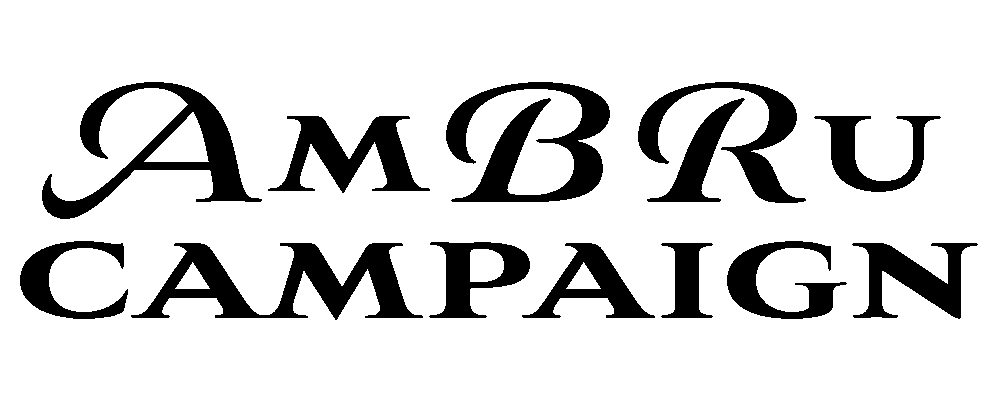
Tennessee Whiskey: A Surge of Jobs and Heritage Since 2013
Tennessee whiskey isn’t just a sip of history—it’s a thriving industry that’s been pouring jobs into the Volunteer State since it earned its legal stripes in 2013. That year, Governor Bill Haslam signed House Bill 1084, defining Tennessee whiskey as a spirit made in-state, distilled from at least 51% corn, and—except for one notable outlier—filtered through the Lincoln County Process. This wasn’t just a win for tradition; it sparked an economic boom, turning Tennessee whiskey into one of the state’s top ten exports and a job-creation machine. From distillery workers to tourism hosts, the industry has added thousands of jobs since 2013, all while staying true to its roots.
The Numbers: A Decade of Growth
In 2013, Tennessee’s whiskey industry leaned heavily on titans like Jack Daniel’s and George Dickel, with only a handful of distilleries in operation. The sector was small, likely supporting 800–1,000 direct distillery jobs statewide. Then came transformative legislation: a 2009 law opened distilling to 41 additional counties, followed by a 2013 bill easing restrictions further. This sparked a craft distillery explosion. By 2021, Tennessee boasted 2,060 distillery jobs, according to distilled spirits employment data. Fast forward to 2025, with over 30 distilleries now active, that figure could climb past 2,500—an estimated 1,500–1,700 new direct jobs since 2013. The Tennessee Whiskey Trail, launched in 2017, and a tourism boom peaking at 8 million distillery visitors in 2022 fueled this surge.
The ripple effects are massive. In 2022, the Whiskey Trail and spirits tourism injected $3.45 billion into Tennessee’s economy, supporting thousands of indirect jobs—from farmers growing corn to coopers crafting barrels to bartenders serving tourists. That year, whiskey-related visitor spending alone hit $2.05 billion. Back in 2019, the state welcomed 126 million domestic visitors, generating $24.2 billion in total spending, a number that swelled to $30.6 billion by 2022. Since 2013, the whiskey industry’s growth has likely added 5,000–7,000 jobs, direct and indirect, when you tally the supply chain and hospitality boom.
Job Creation: From 2013 to Today
In 2013, Tennessee whiskey was a modest player, still rebounding from Prohibition’s lingering constraints, with perhaps 800–1,000 distillery jobs. The 2013 law ignited a renaissance. By 2021, those 2,060 jobs reflected a gain of 1,060–1,260 positions in eight years. The past four years piled on more: new distilleries opened, the Whiskey Trail drew millions (including 8 million visitors in 2022), and tourism rebounded 125% by 2023. This suggests 1,500–1,700 new distillery jobs since 2013. Nationally, the distilled spirits industry supports 13,700 distillery jobs, with Tennessee and Kentucky at the forefront, and Tennessee’s share has soared.
Beyond the stills, the growth is transformative. The Tennessee Whiskey Trail has turned rural towns into hotspots, employing tour guides, hotel staff, and more. A 2022 economic study pinned the Trail’s impact at $2.05 billion in visitor spending, sustaining thousands of roles across the state. The leap from 3 distilleries in 2009 to over 30 today ties most of this growth to the post-2013 era. Add it up, and the whiskey industry’s total job creation since 2013—direct distillery roles plus indirect support—likely ranges from 5,000 to 7,000, a figure that could climb higher as 2025 unfolds.
AMBRU’s Role: Protecting Jobs and Legacy
The AMBRU Campaign stands at the heart of this story, advocating for American spirits like Tennessee whiskey to preserve jobs and heritage. Consider Uncle Nearest Premium Whiskey, founded to honor Nathan “Nearest” Green, the enslaved distiller who mentored Jack Daniel. By producing in Tennessee and hiring locally, Uncle Nearest exemplifies AMBRU’s mission—creating jobs while celebrating history. AMBRU’s push to protect American made spirits ensures foreign imposters don’t undercut this growth, keeping those 1,500–2,000 new distillery jobs (and thousands more in support roles) firmly in Tennessee.
A Toast to Progress
Since 2013, Tennessee whiskey has evolved from a regional treasure to an economic engine. With 1,500–2,000 new distillery jobs and thousands more in related fields, it’s a shining example of how tradition can fuel modern prosperity. The AMBRU Campaign’s efforts guarantee this legacy endures, so every glass of Tennessee whiskey raised today is a salute to the workers, communities, and history that have flourished over the past decade.
Related Articles
Related
Timeline And Next Steps
The AMBRU Campaign seeks federal designations for American Brandy and Rum, including Straight categories, to boost a $5–6B industry, create 5,000–10,000 jobs, and drive $1B in exports by 2035. Below, explore the timeline, challenges, market impact, and implementation...
Current Market Baseline for American Brandy and Rum
To establish a starting point for achieving the AMBRU Campaign’s $1 billion revenue goal by 2035 for American Brandy and Rum, we assess 2025 annual revenue, production volume, and number of U.S. distilleries, using data from ambru.org’s homepage. AMBRU highlights a...
American Single Malt: A Blueprint for Protecting American Brandy and Rum
In a landmark decision, the Alcohol and Tobacco Tax and Trade Bureau (TTB) officially recognized American Single Malt as a distinct whiskey category on December 18, 2024, with the ruling taking effect on January 19, 2025. This milestone, achieved after nearly a decade...
